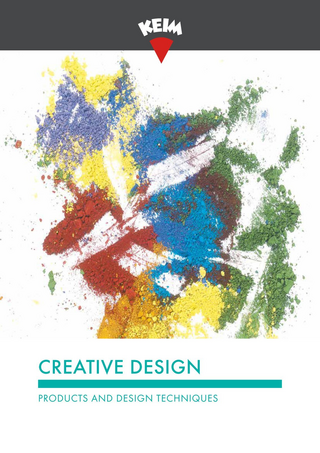Design with render
For a long time, render has been considered old-fashioned and often seen only as a traditional design material. Rendered facades are generally perceived as traditional and not innovative. The tendencies in current architectural design such as perforation, transparency, virtual or parametric aesthetics can often be better implemented with other materials. There is also the perception that render lacks potential for design development.
Render for the future
Render is currently experiencing a renaissance, in particular the use of thermal insulation composite render systems. In residential construction, large-scale application of render is taking place as an integral part of insulation upgrading.
Render systems can offer material and aesthetic advantages far beyond basic functionality. Specifiers, Architects and Craftsmen are increasingly considering traditional techniques to create more exciting effects than conventional smooth render finishes.
Render, especially when applied as a thick-layer system, opens up enormous design possibilities, combining the natural familiar look and feel of render with the possibility of unique finishes.
Benefits of render include the economical price-performance ratio, simple processing, a range of application onto historical, listed and modern buildings, wide-ranging colour design and abundant supply of natural raw materials.
Creative techniques with render
Historical techniques with render
In the field of construction, render has a long tradition: from antiquity through baroque; historicism and the Wilhelminian period and the classic "White Modernism" of the 1920s - whose white cubes are inconceivable without render - to the present day. Throughout these times, historical techniques have been adopted, modified and supplemented. Technically, materials developed from clay to gypsum, from lime render to lime-cement and cement renders.
Design possibilities inherent in the use of render has always stimulated and challenged the imaginations of Master Builders, Architects and Craftsmen: boom finish render, comb finish render, trowel finish render, sgraffito or scratch render, nail board render, rake finish render, rough render or spray render, to name but a few. Using these techniques render is treated in a variety of ways during and after application.
Modern techniques with render
Whether smoothed, textured, whitewashed, felted, worked with a roller, stenciled, brushed, or coloured using pigments, there are hardly any limits to creative and design possibilities.
After years of smooth render being the first choice for builders and architects, coarsely structured render surfaces finished with a trowel, roller, spatula, brush or broom are currently experiencing a renaissance.
For the right result, these creative processing techniques require sound specialist knowledge and skilled craftsmanship.

